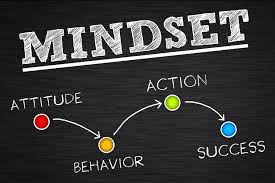Lifelete Fundamental
May 19, 2015
Building your skills is an important part of professional development. Improving work skills and staying knowledgeable in your career field will not only help with your current position, but could lead to a promotion. Some are fortunate to have employers who pay for training, conferences, or continuing education. However, many will need to find ways to fund their own professional development. Here are some easy and relatively inexpensive ways to build your skills.
Educate Yourself
- Read industry specific books, articles, blogs or listen to podcasts to learn more about your career field and develop skills.
- Use social media such as LinkedIn or Twitter to follow industry experts, organizations, or companies and learn from their shared content.
- Take a class – massive open online courses (MOOCs) are available for free from many colleges and universities in all different subject areas and can be a great tool for professional development. For more information on MOOC courses, click here.
Join a Professional Organization
- Most career fields have professional organizations at the national and regional levels, which you can join for a small membership fee.
- Professional organizations provide a great way to stay current on job trends, training opportunities, and conferences for development and networking with others in your career field.
- Join informal career groups on social media such as LinkedIn or Facebook to connect with others in your field and participate in discussions.
Other Opportunities for Building Skills
- Volunteer at a local non-profit organization to build upon your current skills or learn new ones. Read Career Benefits to Volunteering to learn more.
- Attend learning events sponsored by local companies or organizations that are specific to your career field. Go to Eventbrite to find company-sponsored events in your area.
- Network with colleagues in your own workplace to learn new skills by helping out on a project, job shadowing for a day, or just having a conversation to learn more about that specific job skill or area.
Building your professional skills is an ongoing process that is ultimately your responsibility. It’s important to continue to develop your professional skills to remain current in your field and to work toward that promotion or better position. Use the suggestions listed above to make your own professional development plan to build your skills.




